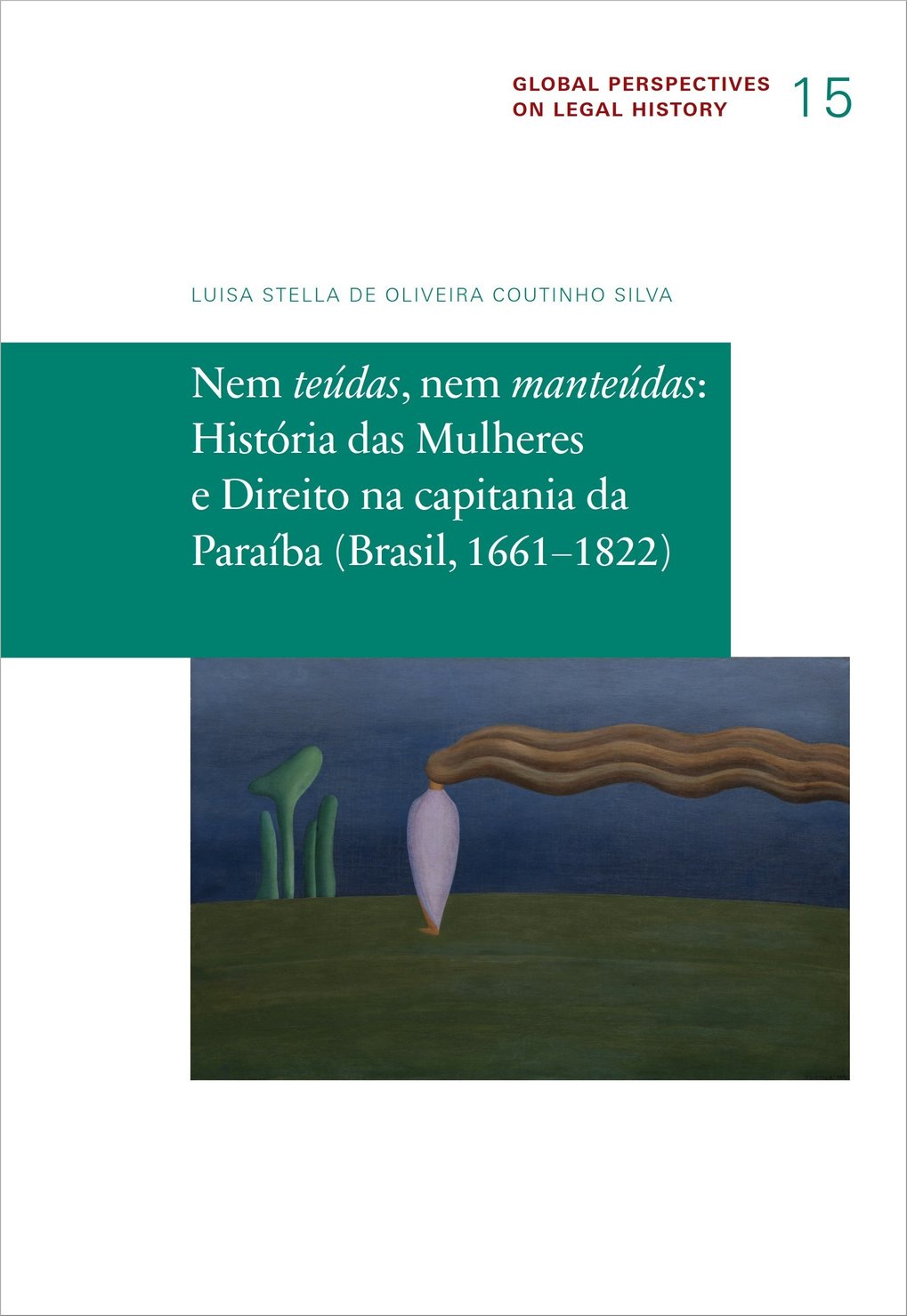The Max Planck Institute for
Legal History and Legal Theory has published a new open access book in its
Global Perspective on Legal History series.
ABOUT THE BOOK
This book develops a legal
history of colonial women as a methodological approach to studying the women of
Paraíba, a captaincy on the northeast coast of Brazil, from the end of the
Dutch occupation (1661) to Brazilian independence in 1822. It uses the concept
of multiple normativities to analyse dozens of daily life cases from Portuguese
and Brazilian archives.
To study women’s everyday
normative contexts in a colonial space, the author analyses traditional Ius
Commune and Portuguese legal sources from different jurisdictions
(including compilations of laws, Roman law, Visigothic influences, canon law
and inquisitorial regulations), but also legal doctrines, medical treatises,
moralist works and literature to enrich interpretations in women’s history,
gender studies, feminist legal theory and legal history. Furthermore, a
comparison of the works of Portuguese legislators, jurists, writers and
moralists was carried out in order to reveal how these sources from different
normative spheres defined and described women.
In order to show the impact of
these normative traditions in the colonial Captaincy of Paraíba, the book
examines how the administration, the application of justice and the resolution
of conflicts were carried out not only by the secular administration, the
Church and the Inquisition, but also by newly created institutions and
practices specific to Paraíba, which were the result of adapting the law of the
metropole to local circumstances.
To do so, the study focuses on
normativities of a more pragmatic character, analysing archival documents
portraying women’s daily life situations relating to both secular and religious
jurisdictions. The issues touched upon include marriage and other family
formations, single parenthood, concubinage and cohabitation; different
experiences of motherhood, filiation and illegitimacy, loss of virginity in
cases of rape, and widowhood; as well as consanguinity, bigamy, adultery and
divorce. The legal and normative experiences of married women are also compared
with those of women living in monasteries, houses of retreat (recolhimentos)
or prisons, and with those of prostitutes. The book examines questions of
women’s ownership of goods and land, and whether adherence to a certain
religion influenced their room for manoeuvre and experiences in normative
contexts.
These analyses demonstrate that
the law from the metropole neither offered pre-established solutions for
women’s daily lives, nor was it applied unchanged in the colony. On the ground,
law was dynamic, and the interplay of multiple normativities provided different
possibilities that depended on the intersection of women’s condition and
status, religion and sexual options, proving that sex and gender categories are
not immutable, but, on the contrary, flexible according to the practices of law
in colonial Paraíba.
TABLE OF CONTENTS
|
IX |
Agradecimentos |
|
|
1 |
Introdução: Uma História do Direito das Mulheres
Coloniais |
|
|
Capítulo 1 |
||
|
41 |
Um
Portugal transplantado? Normatividades imperiais na capitania da Paraíba |
|
|
Capítulo 2 |
||
|
93 |
A vida
das mulheres casadas na capitania da Paraíba: vozes femininas e
normatividades no Império português |
|
|
Capítulo 3 |
||
|
193 |
Promessas frustradas |
|
|
Capítulo 4 |
||
|
211 |
As experiências da maternidade |
|
|
Capítulo 5 |
||
|
231 |
As possibilidades de uma vida fora do casamento
tridentino |
|
|
Capítulo 6 |
||
|
275 |
Os
espaços de segregação da vida pública |
|
|
Capítulo 7 |
||
|
295 |
Desfazendo um vínculo eterno? |
|
|
Capítulo 8 |
||
|
305 |
Adquirindo e possuindo: donas de terras e herdeiras |
|
|
Capítulo 9 |
||
|
321 |
Religião e cotidiano: as mulheres e a prática do
judaísmo na Paraíba |
|
|
337 |
Conclusões |
|
|
351 |
Fontes e bibliografia |
|
|
375 |
About the Author |
More info here


No comments:
Post a Comment
Note: Only a member of this blog may post a comment.